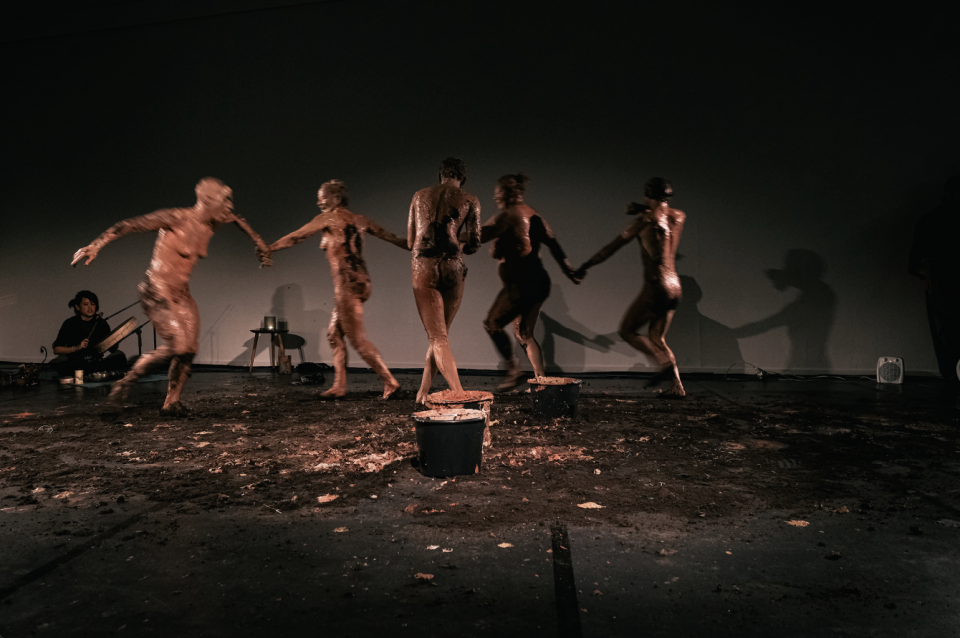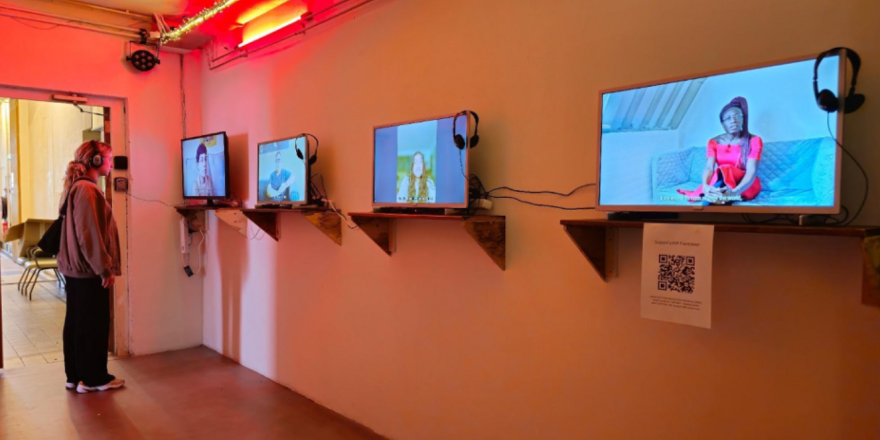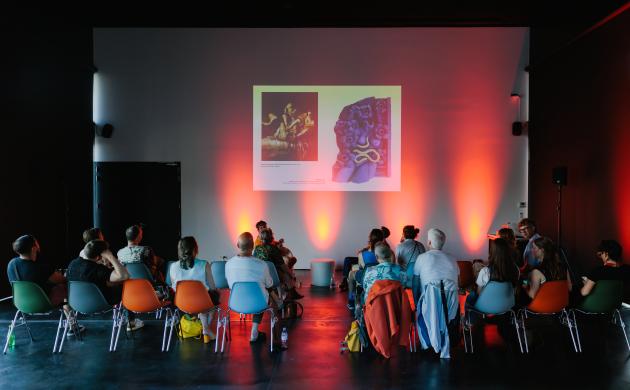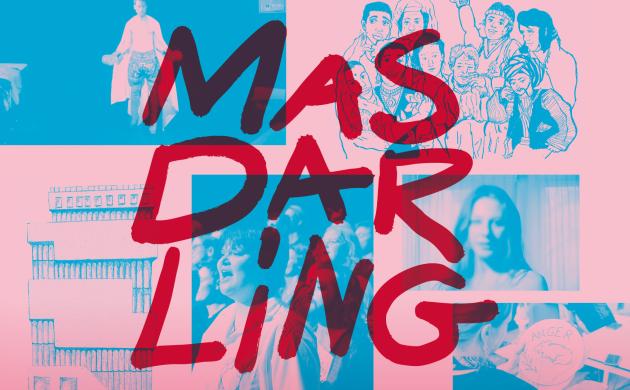Nonbinary shows gender as something fluid and multifaceted. Not a rigid straitjacket, but a spectrum expressed globally in diverse forms and stories. Gender is approached here as a cultural and historical phenomenon that cannot be reduced to just ‘man’ or ‘woman’. Through artistic and academic research, conversations with non-binary individuals and collecting sources, perspectives emerge that often remain invisible in a binary world.
The foundation was laid with a digital database full of academic texts, historical sources and contemporary research on non-binary identities through time and around the world. Interviews with indigenous people and others revealed personal experiences of living outside the binary gender system. These stories show how non-binarity is deeply rooted in cultural traditions and everyday realities.
Interactive maps make the information tangible, visual and accessible. They show the geographical spread and diversity of non-binary expressions and connect facts with images and context. Nonbinary encourages people to look, listen and understand differently. Gender becomes visible as a rich, layered part of being human - complex, changing and full of meaning.
Practical information
- What: Interactive presentation
- When: 6, 7, 8, 9 and 10 August, from 10:00 to 17:00
- Free activity
About the artist

Dr. masharu lives and works in Amsterdam. As an earth-eater and earth-lover, masharu explores the relationship between humans and the earth — both literally and symbolically. They are the founder of the Museum of Edible Earth, where scientific research is combined with personal stories, cultural rituals and sensory experiences.
masharu earned a PhD in mathematics in 2011 and graduated with honours from the Fotoacademie in Amsterdam. In 2013–2014, they participated in the artist-in-residence programme at the Rijksakademie van Beeldende Kunsten, and in 2018, they were an artist fellow at the Netherlands Institute for Advanced Study in the Humanities and Social Sciences.
Their work has received international recognition and has been presented in over thirty countries.
masharu has received various awards. Their work receives structural support from the Mondriaan Fund.




